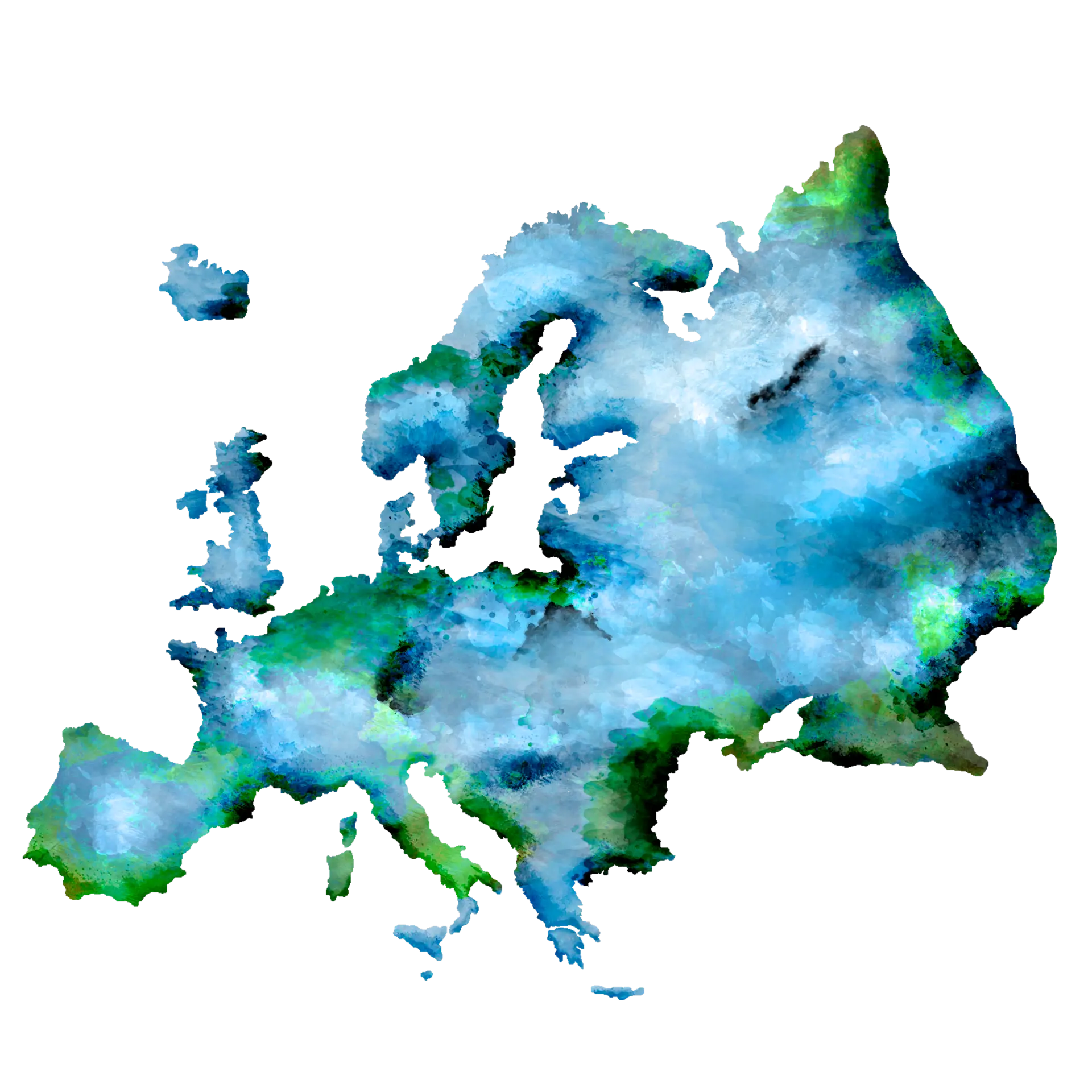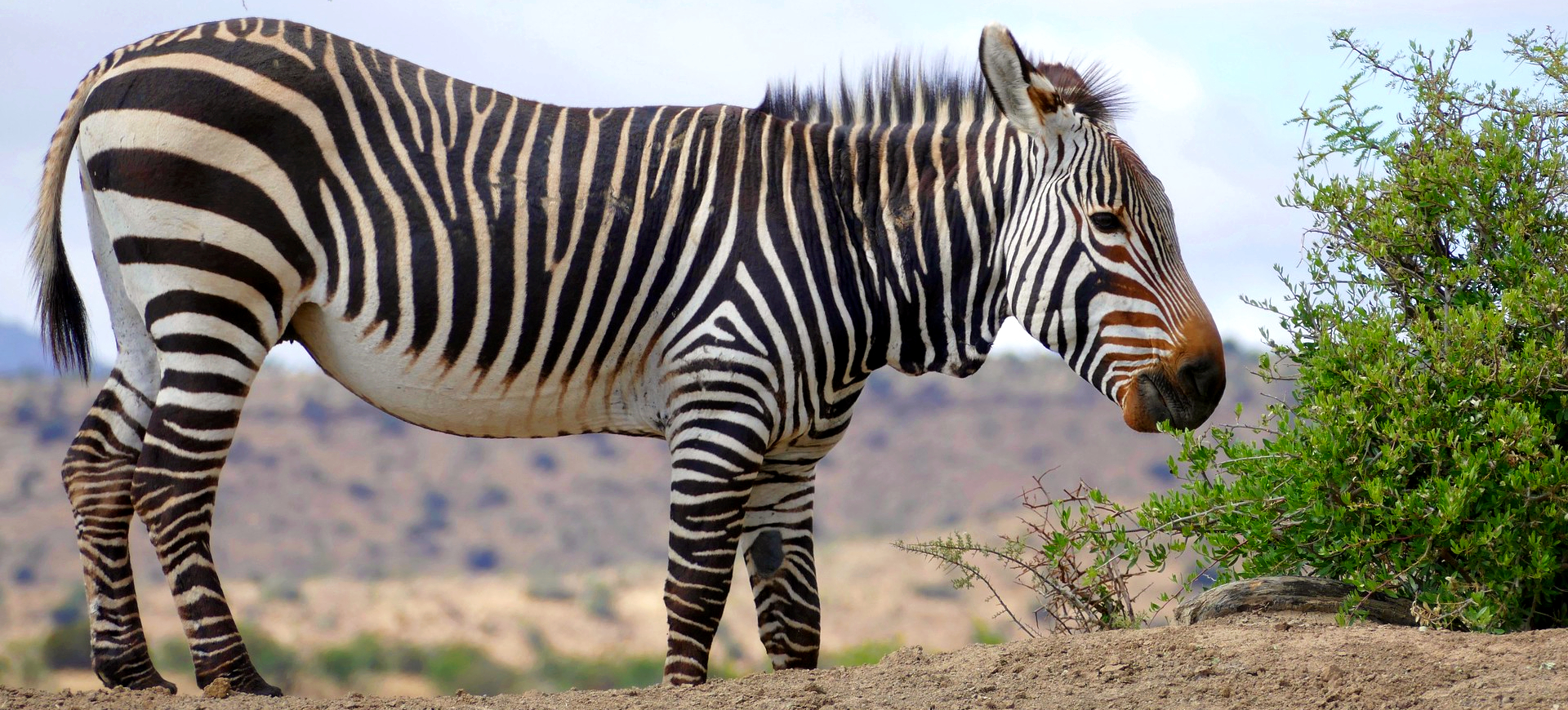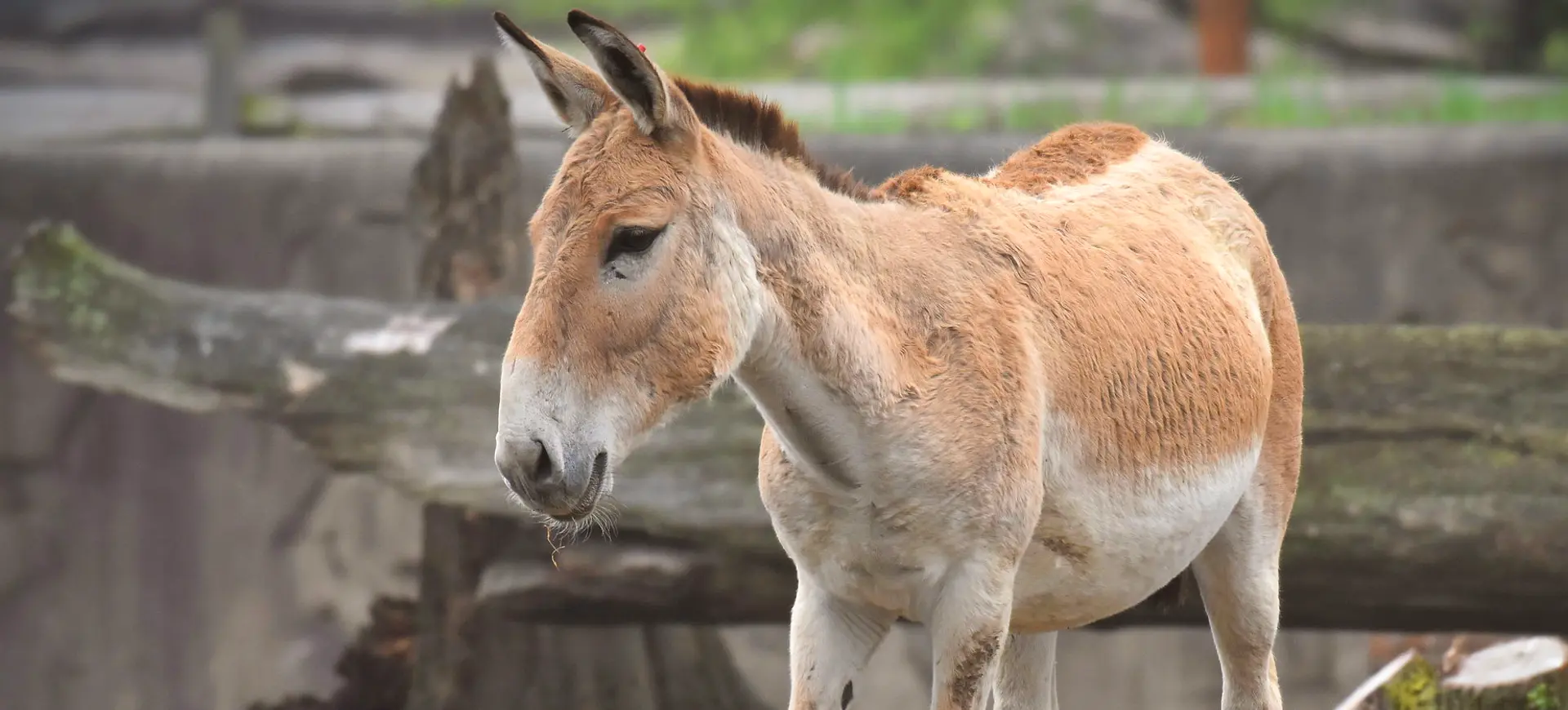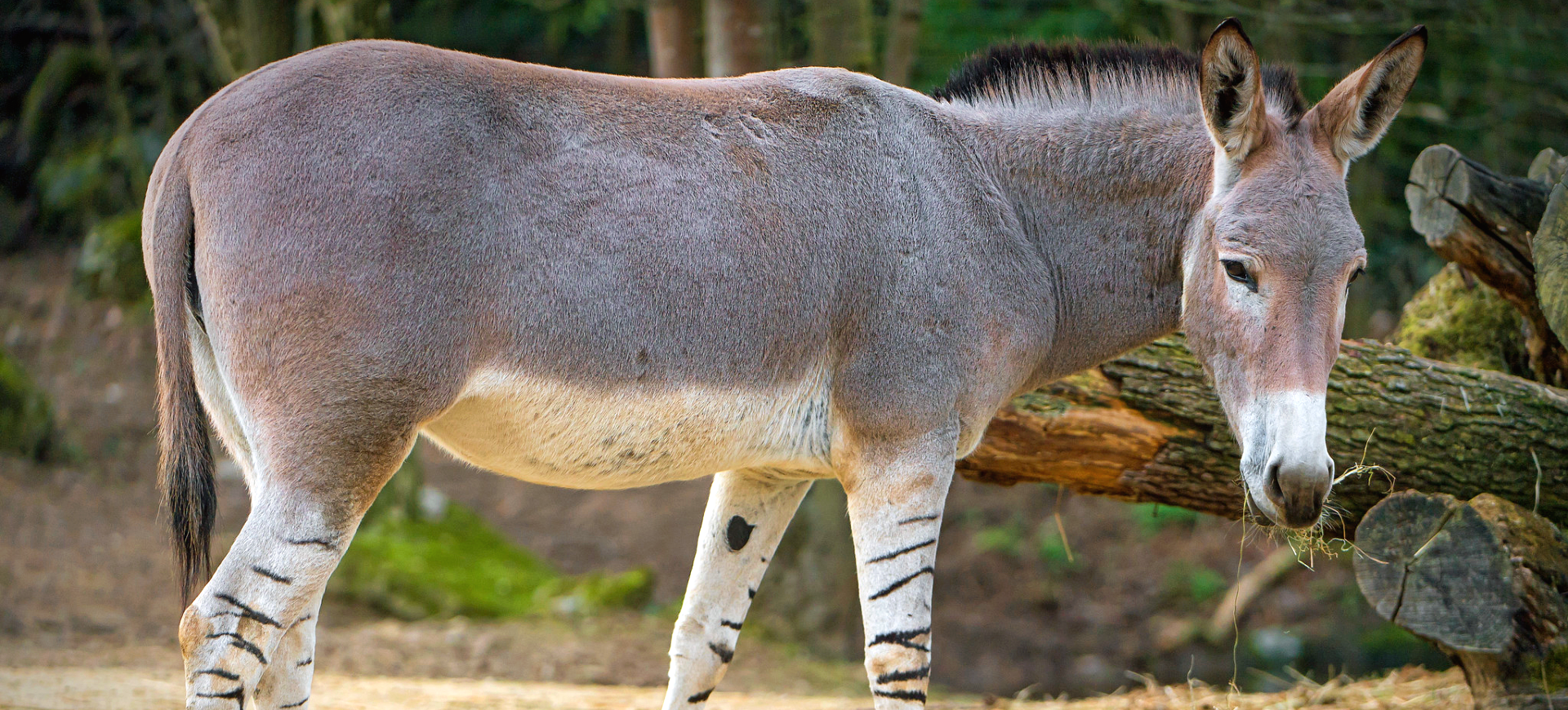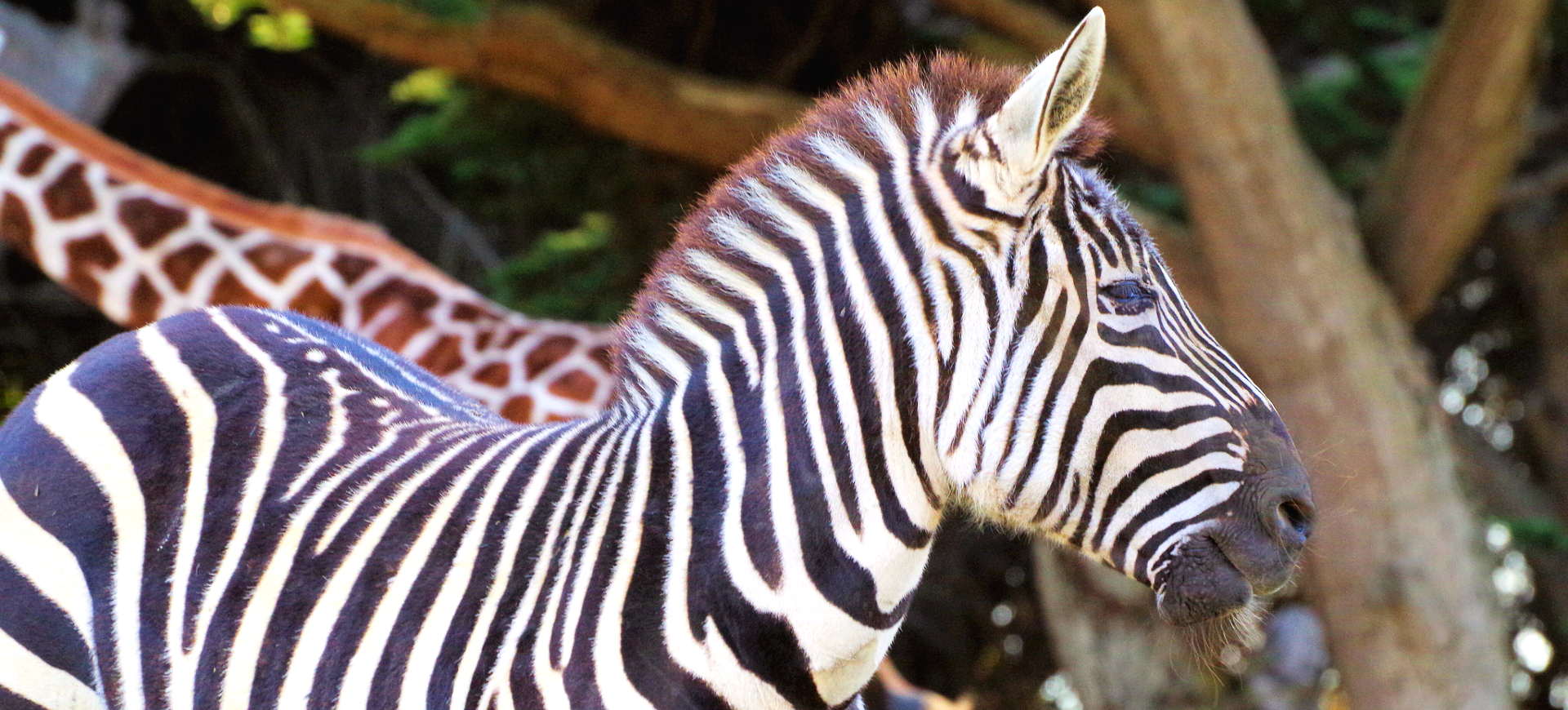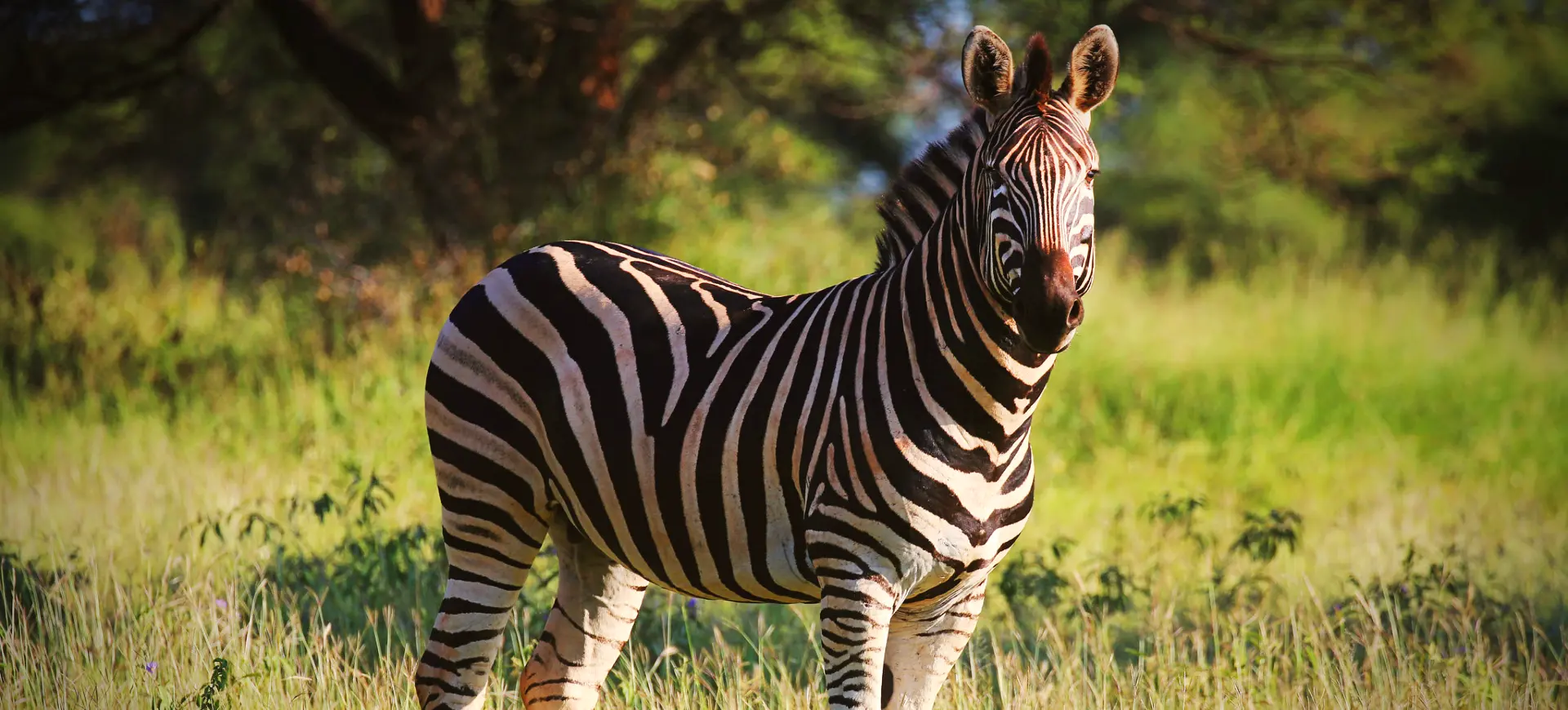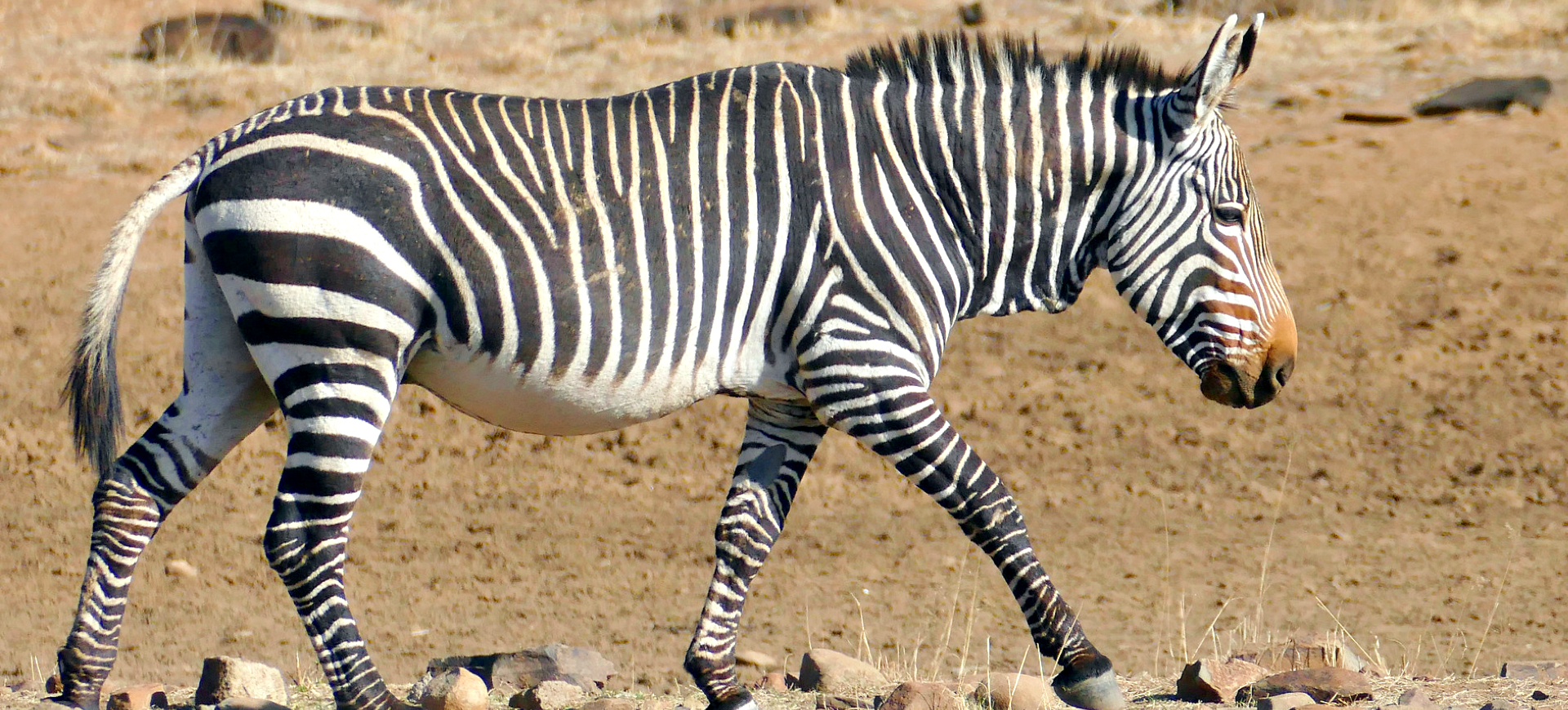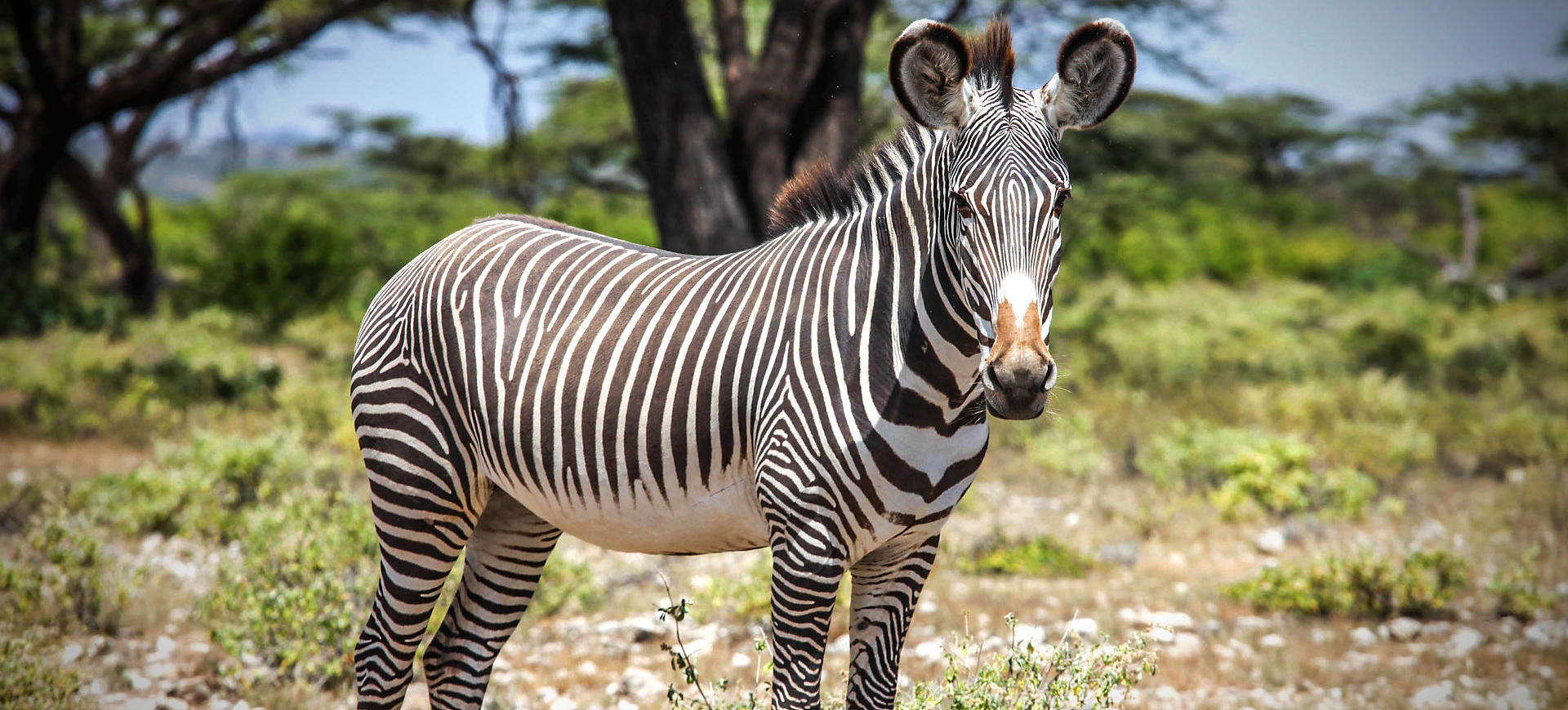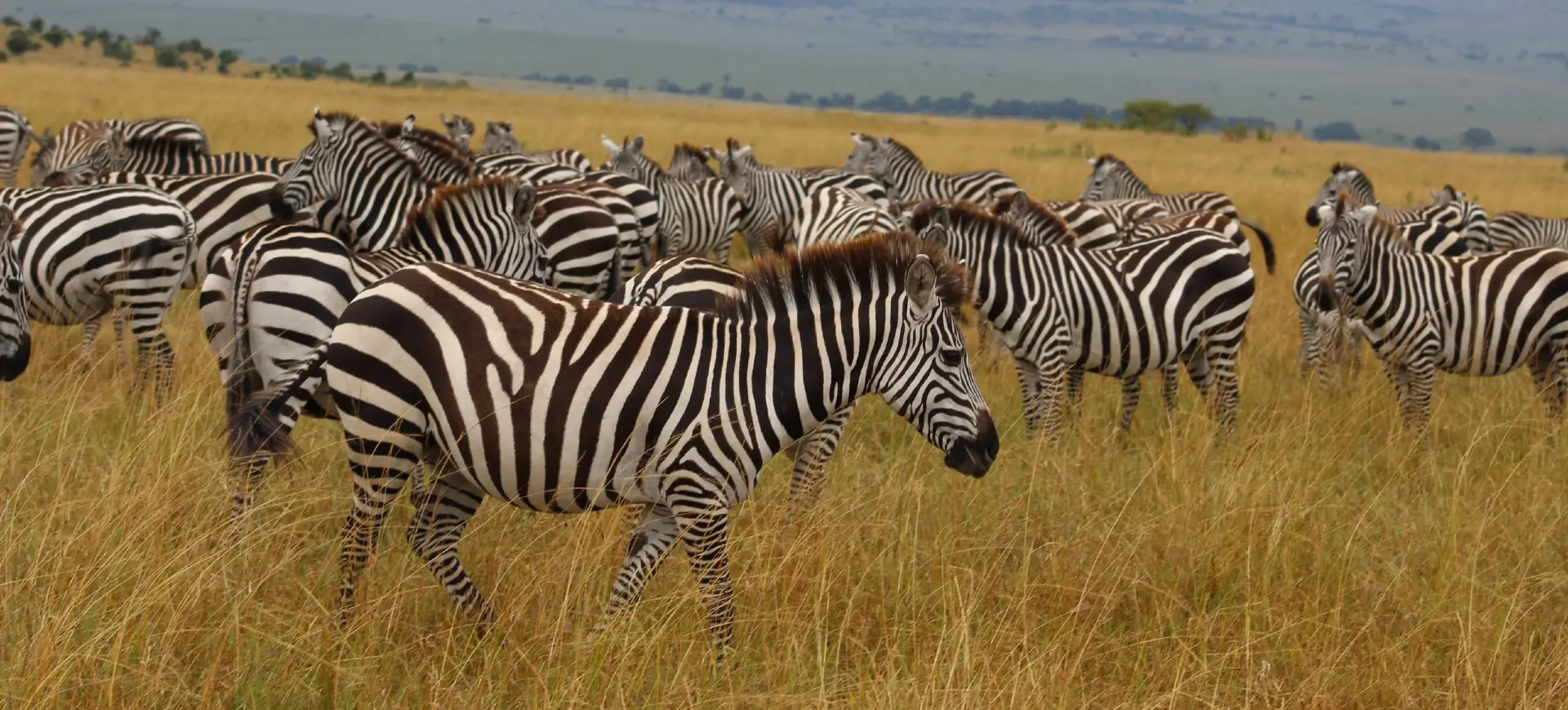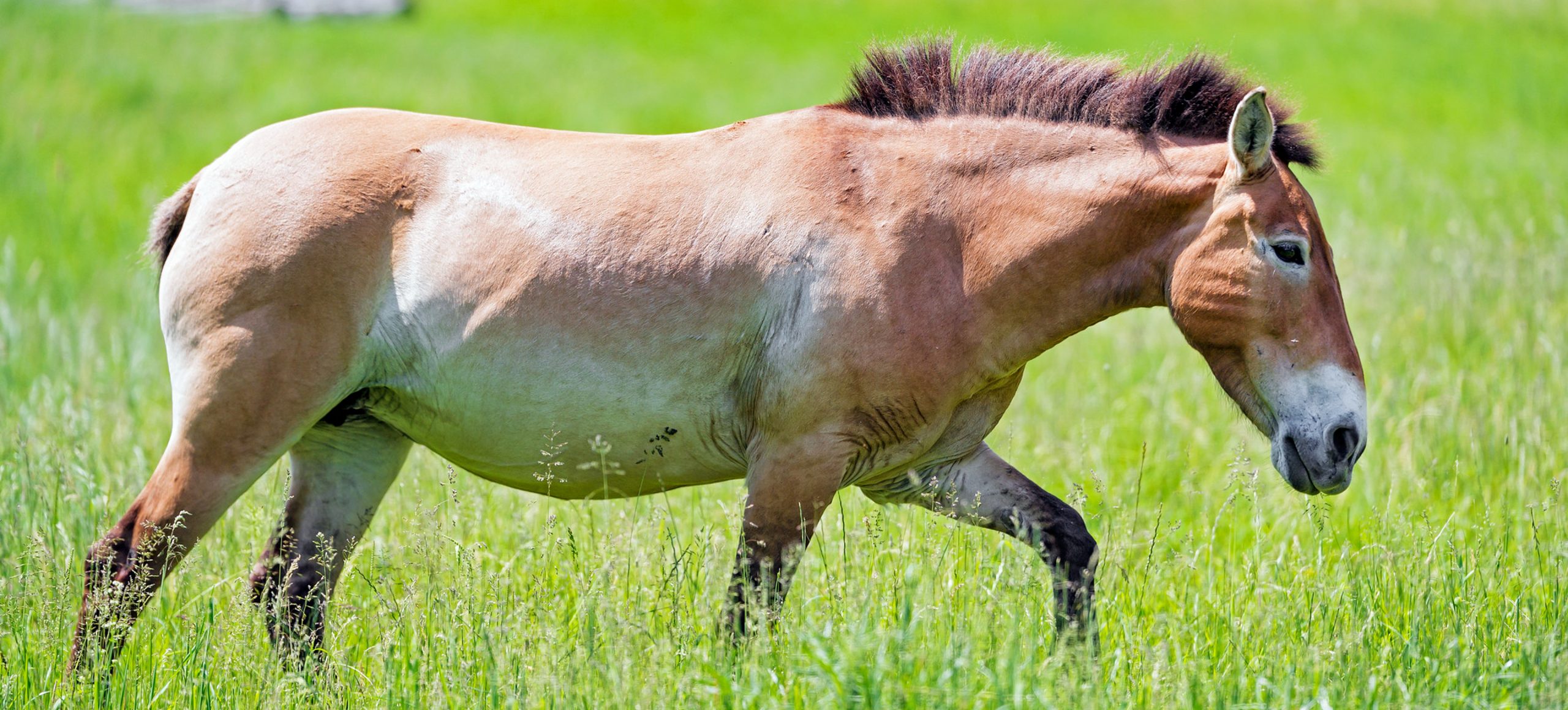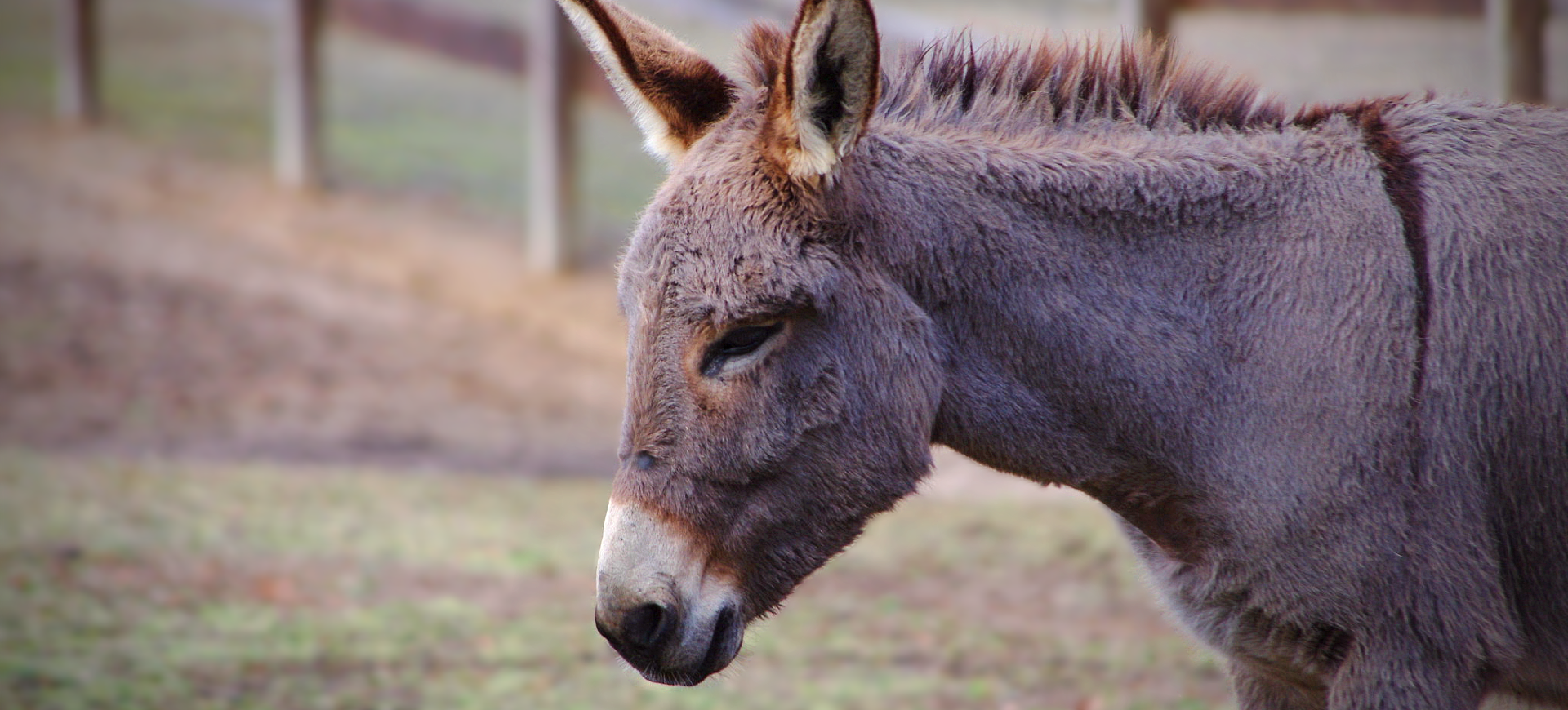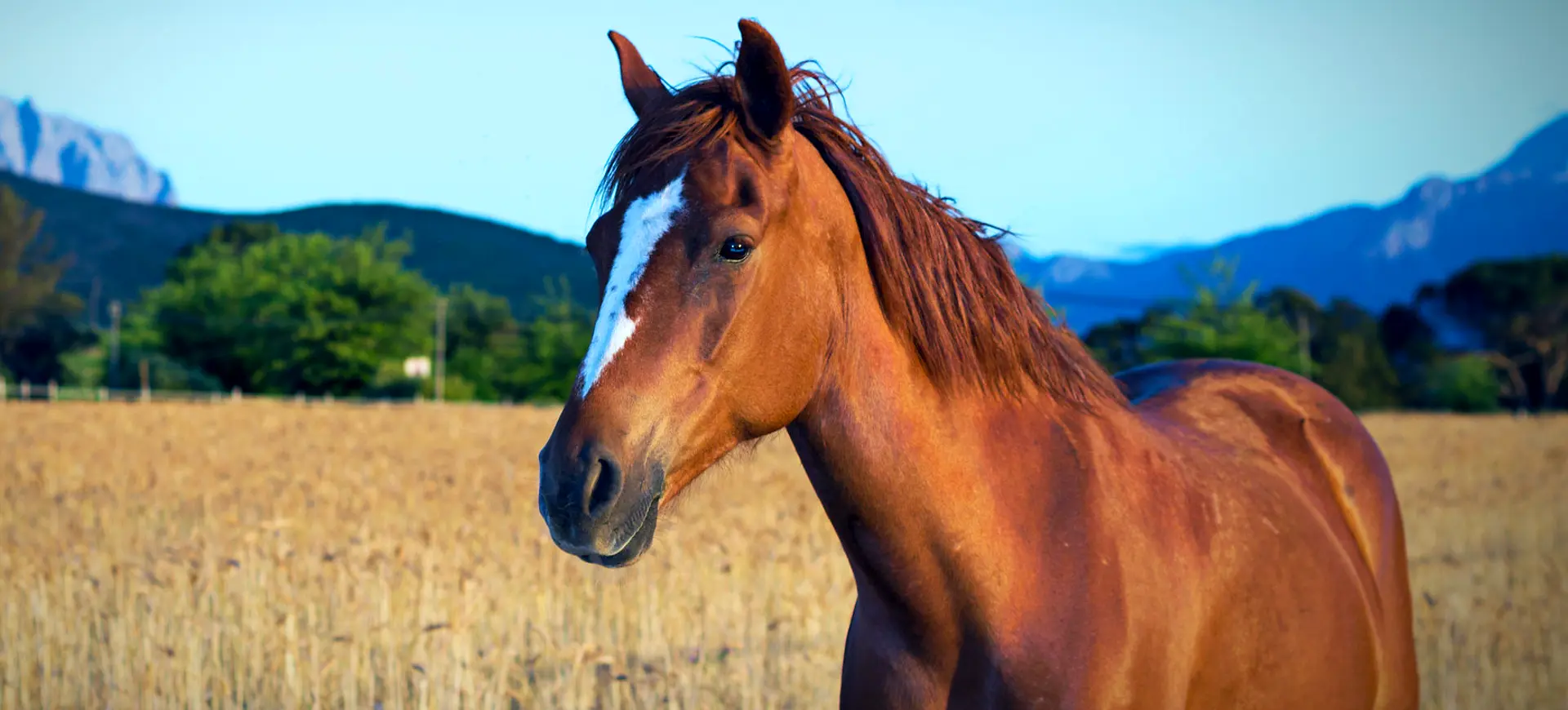Overview
Miniature Donkeys, known for their small size and gentle nature, are a popular breed of domesticated donkey. Originally from the Mediterranean islands of Sicily and Sardinia, they have been bred over generations for their reduced stature. These animals are characterized by their long ears, compact and robust bodies, and friendly disposition, making them well-suited as companion animals. Despite their small size, they are quite hardy and adaptable to various environments, reflecting their ancestry in harsh island conditions.
Miniature Donkeys are highly social animals, often forming strong bonds with their human caretakers and other farm animals. They are known for their intelligence, playful nature, and affectionate behavior, which endears them to many. In addition to being pets, they serve various roles, such as therapy animals and helping in small-scale farming tasks. Their ability to carry weight and pull small carts has been valued in agricultural settings, though their primary role today is companionship.
The breed’s popularity has grown internationally, with many miniature donkeys now found in countries outside their original Mediterranean habitat. This has led to a greater understanding of their care needs and social behaviors, contributing to better welfare practices. Their adaptability to different climates and their manageable size have made them suitable for various living environments, from small farms to suburban households.
Taxonomy
Kingdom
Phylum
Class
Order
Family
Genus
Species
Type
RANGE
Current distribution:
Miniature Donkeys, as a domesticated breed, are not found in the wild. They are primarily kept as pets, working animals, or for breeding in various countries worldwide. The largest populations of Miniature Donkeys are found in Europe and North America, where they are popular in the equine community.
Their distribution in different regions is closely tied to human habitation and agricultural practices. In the United States, for instance, they are commonly found on small farms, in rural areas, and increasingly as companion animals in suburban settings. They are also present in various other countries, reflecting their popularity and adaptability to different living conditions.
Physical Description:
Miniature Donkeys typically have a soft, shaggy coat that can be found in various colors, including gray, brown, black, and white. Their most distinctive feature is their long, floppy ears, which are much larger in proportion to their body size than other donkey breeds. They possess a short, sturdy build with a broad head and a short, upright mane. Their eyes are large and expressive, adding to their appeal as companion animals.
Despite their diminutive size, Miniature Donkeys are well-muscled and strong for their size. They typically stand about 36 inches at the withers, though some can be slightly taller. Their small hooves are hard and compact, well-suited to navigating rocky terrain. The tail of a Miniature Donkey is similar to that of a horse, with a tuft of hair at the end.

Lifespan: Captivity: ~35 Years

Weight: Male: 200-450 lbs (91-204 kg) || Female: 200-450 lbs (91-204 kg)

Length: Male: 50-65 inches (127-165 cm) || Female: 50-65 inches (127-165 cm)

Height: Male: 32-36 inches (81-91 cm) || Female: 32-36 inches (81-91 cm)

Top Speed: 15 mph (24 km/h)
Characteristic:
Native Habitat:
The Miniature Donkey’s native habitat traces back to the rugged terrain of the Mediterranean islands of Sicily and Sardinia. In these environments, they adapted to a landscape characterized by rocky hills, sparse vegetation, and a Mediterranean climate. This habitat required them to be hardy, agile, and able to survive on limited forage, traits that they retain today.
Since their domestication and spread across different continents, Miniature Donkeys have remarkably adapted to various environments. They can thrive in warm and temperate climates if they have access to adequate shelter and care. Their small size makes them well-suited to living in enclosed pastures or paddocks, and they are often kept on small farms or as pets in rural and suburban areas.
Climate Zones:
Biomes:
Biogeographical Realms:
Continents:
Countries:
Diet:
Diet & Feeding Habits:
Miniature Donkeys are herbivores with a diet primarily consisting of grass, hay, and grains. In their natural environment, they spend a significant portion of their day grazing on grasses, which forms the bulk of their diet. They have a slow metabolism and are prone to obesity, so their diet needs to be carefully managed, especially in a domestic setting. Supplemental feedings of grains or other commercial feeds should be given in moderation.
Access to fresh water and mineral supplements is crucial for their health. They also enjoy occasional treats like carrots and apples, which should be given sparingly to prevent digestive issues and maintain a healthy weight. Miniature Donkeys have efficient digestive systems but are susceptible to colic and other gastrointestinal problems if their diet is not properly managed. Regular dental care is essential, as dental issues can affect their ability to graze and digest food efficiently.
Mating Behavior:
Mating Description:
Miniature Donkeys have a seasonal breeding pattern, with most mating activity occurring in the warmer months. Females, known as jennets, typically come into heat every 21 days during the breeding season. Males, called jacks, can become quite vocal and active when detecting a female in heat. The mating process is usually straightforward, but care must be taken to ensure the safety and well-being of both animals.
The gestation period for a Miniature Donkey is approximately 12 months, which is relatively long compared to other domesticated animals. During this time, the jennet requires special care and nutrition to ensure the health of both her and the foal. Miniature Donkeys typically give birth to a single foal, although twins are possible but rare. The newborn, called a foal, is usually standing and nursing within a few hours of birth.
Reproduction Season:
Birth Type:
Pregnancy Duration:
Female Name:
Male Name:
Baby Name:
Social Structure Description:
Miniature Donkeys are highly social animals that thrive in the company of other donkeys or animals. They often form strong bonds with their companions, whether they are other donkeys, horses, or even goats and sheep. In a domestic setting, keeping them in pairs or small groups is recommended to prevent loneliness and stress.
Miniature Donkeys communicate through vocalizations, body language, and grooming behaviors in their social groups. They establish a hierarchy within their group, but aggression is typically minimal. Their social interactions are important for their mental and emotional well-being, and they exhibit behaviors such as play, mutual grooming, and companionship.
Groups:
Conservation Status:
Population Trend:
As a domesticated breed, the miniature donkey population largely depends on breeding practices and the demand for them as pets or working animals. They are not considered endangered or at risk, and their population appears stable or growing in many areas. Breeders and enthusiasts are active in maintaining the breed standards and promoting the welfare of these animals.
In the United States and Europe, where they are most popular, Miniature Donkeys are often part of breeding programs to preserve their unique characteristics. Due to their gentle and affectionate nature, these animals are also increasingly found in animal-assisted therapy programs. The community of Miniature Donkey owners and breeders plays a crucial role in educating the public about the breed and ensuring their continued well-being.
Population Threats:
The primary threats to Miniature Donkeys are related to their care and management as domestic animals. Issues such as overbreeding, inadequate care, and abandonment can pose significant risks to their welfare. Obesity is a common health concern due to their efficient metabolism and the tendency of owners to overfeed them.
Another concern is the loss of genetic diversity, which can occur with isolated or limited breeding practices. Breeders need to maintain genetic diversity to prevent hereditary health issues. As with all domestic animals, there is also the risk of neglect or abuse, underscoring the importance of responsible ownership and proper education about their care needs.
Conservation Efforts:
Conservation efforts for Miniature Donkeys are primarily focused on responsible breeding practices and ensuring the welfare of individual animals. Breed associations and clubs are vital in setting standards, maintaining breed registries, and providing resources for owners and breeders. Educational programs aimed at prospective owners about the proper care and management of Miniature Donkeys are essential for their welfare.
Rescue organizations and sanctuaries also contribute significantly to the conservation of Miniature Donkeys. They care for abandoned or mistreated animals and work to find suitable homes. These efforts are crucial in maintaining the health and well-being of Miniature Donkeys in captivity.
Additional Resources:
Fun Facts
- Miniature Donkeys are known for their long, braying vocalizations, which can be heard over long distances.
- Despite their small size, they are quite strong and can carry up to 20% of their body weight.
- They have a remarkable memory and can recognize areas and other animals they have not seen for years.
- Miniature Donkeys are naturally curious and enjoy exploring their surroundings.
- They have a protective nature and can be used as guard animals for flocks of sheep or goats.
- The lifespan of a Miniature Donkey is longer than most other farm animals, often living over 30 years.
- They require less food than a horse of the same size, making them economical to maintain.
- In some cultures, they are considered symbols of good luck and prosperity.
- Miniature Donkeys are known for their gentle bites, as they have no upper front teeth.
- They are increasingly used in therapeutic settings due to their calm and affectionate nature.

